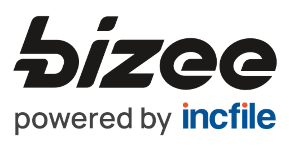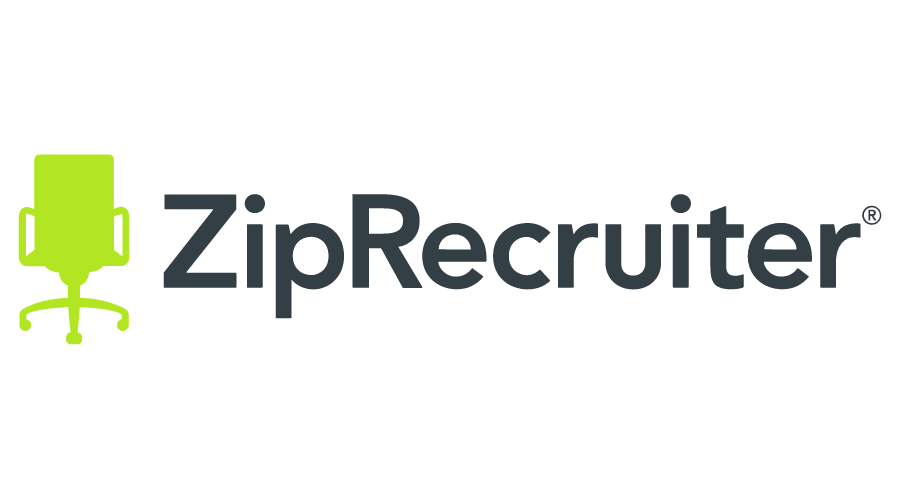When you file taxes as an individual, your Social Security Number is…
Starting a small business?
Find in-depth guides and reviews on...
Starting a Business Business Financing Marketing Accounting & Taxes Human Resources Product Reviews
Getting a small business going from the ground up is no easy task. Let us guide you in the right direction! START HEREPopular Articles
Owning a small business comes with many changes, whether it’s the needs of your target market or tax rules and…
If you’re planning on starting a new business, be it a large…
Our picks for LLC formation services
 |
ZenBusiness |
|
Visit ZenBusiness |
 |
Northwest Registered Agent |
|
Visit Northwest |
 |
LegalZoom |
|
Visit LegalZoom |
Coming up with a great business name that speaks to your audience…
Our picks for best registered agent services
 |
ZenBusiness |
|
Visit ZenBusiness |
 |
Northwest Registered Agent |
|
Visit Northwest |
 |
Harbor Compliance |
|
Visit Harbor Compliance |
Find out how to start an LLC in your state
Starting a Business
Our picks for best registered agent services
 |
ZenBusiness |
|
Visit ZenBusiness |
 |
Northwest Registered Agent |
|
Visit Northwest |
 |
Harbor Compliance |
|
Visit Harbor Compliance |
As a limited liability company (LLC) business owner, your initial concern is…
Business Financing
Businesses of all shapes and sizes need several things for success: A…
Daymond John, renowned Shark Tank investor, once said, “No matter what business…
Every major business today started out as a small business. Microsoft, Apple,…
Marketing
 |
Squarespace |
|
Visit Squarespace |
 |
Gator Website Builder |
|
Visit HostGator |
 |
GoDaddy |
|
Visit GoDaddy |
Colors matter in the marketing world. There are brands that are initially…
Regardless of business or industry, getting feedback is important. Without it, there…
Accounting & Taxes
When a consumer or business buys almost anything, it has a sales…
Tax season is nobody’s favorite time of the year: tax preparation can…
This is a great time to be a small business owner, with…
Human Resources
Those who want a better job, an upward career move, or have…
In 2021 alone, 47 million Americans left their job voluntarily- almost one-quarter…
In recent years, an unprecedented number of people have left their jobs…
Business Law
It’s a new world when it comes to business and marketing. That…
The Fair Labor Standards Act of 1938 (FLSA) is a United States…
With the rise of successful startups, Mergers and Acquisitions (M&A) are becoming…

Bizee (formerly Incfile) Review (2024)
Small business owners and entrepreneurs usually find themselves in a maze of…

ZipRecruiter Review (2024)
ZipRecruiter is a SaaS company dedicated to simplifying the job searching and hiring…

ZenBusiness Review (2024)
ZenBusiness uses technology and automated processes to provide a fast, low-cost business…

Northwest Registered Agent Review (2024)
Northwest Registered Agent, otherwise known as Northwest Agent Services or just Northwest, is…
